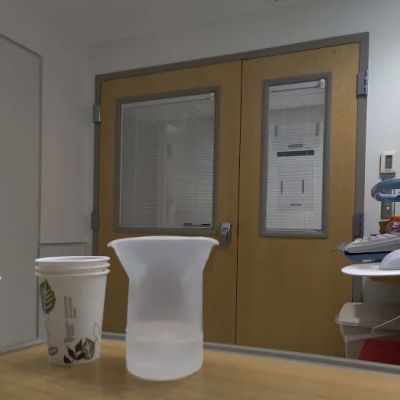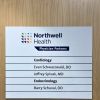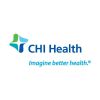- 1-Importance-of-Cholesterol-Testing
- 2-Understanding-Cholesterol-Components
- 3-Reading-Total-Cholesterol-Levels
- 4-Interpreting-HDL-Levels
- 5-Understanding-LDL-Levels
- 6-Role-of-Triglycerides-in-Cholesterol-Tests
- 7-Steps-to-Manage-Your-Cholesterol-Effectively
- 8-How-HeartCare-Hub-Can-Support-Your-Heart-Health
1. Importance of Cholesterol Testing
Cholesterol testing is a crucial part of monitoring cardiovascular health. Elevated cholesterol levels can increase the risk of heart disease and stroke, two of the leading causes of death in the United States. Regular cholesterol checks help you and your healthcare provider understand your risk and tailor lifestyle or medical interventions accordingly.
Knowing how to read cholesterol test results empowers you to make informed decisions about your health.

2. Understanding Cholesterol Components
Cholesterol test results typically include several key components:
- Total Cholesterol: The overall amount of cholesterol in your blood.
- High-Density Lipoprotein (HDL): Often called "good" cholesterol because it helps remove cholesterol from your arteries.
- Low-Density Lipoprotein (LDL): Known as "bad" cholesterol; high levels can lead to plaque buildup in arteries.
- Triglycerides: A type of fat in your blood; high levels can also increase heart disease risk.
3. Reading Total Cholesterol Levels
Total cholesterol is measured in milligrams per deciliter (mg/dL). A desirable total cholesterol level is generally below 200 mg/dL. Levels between 200-239 mg/dL are considered borderline high, while levels 240 mg/dL and above are high and require attention.
However, total cholesterol alone doesn’t provide the full picture, so it's important to look at the breakdown between HDL, LDL, and triglycerides.
Capital Health Medical Center – Hopewell
capital health medical center hopewell
1 Capital Way, Pennington, NJ 08534, USA

4. Interpreting HDL Levels
HDL cholesterol helps protect your heart by transporting cholesterol away from the arteries. An HDL level of 60 mg/dL or higher is considered protective. Levels below 40 mg/dL for men and 50 mg/dL for women are considered a risk factor for heart disease.
Boosting HDL can be achieved through exercise, healthy fats in diet, and smoking cessation.
5. Understanding LDL Levels
LDL cholesterol is the main contributor to arterial plaque and heart disease. Ideal LDL levels depend on individual risk but are typically:
- Less than 100 mg/dL: Optimal
- 100-129 mg/dL: Near optimal
- 130-159 mg/dL: Borderline high
- 160-189 mg/dL: High
- 190 mg/dL and above: Very high
Managing LDL often involves lifestyle changes and sometimes medications prescribed by your doctor.
6. Role of Triglycerides in Cholesterol Tests
Triglycerides store unused calories and provide energy. Normal triglyceride levels are below 150 mg/dL. Elevated levels (150-199 mg/dL borderline high; 200-499 mg/dL high; 500 mg/dL and above very high) can increase heart disease risk and may indicate metabolic issues.
Lifestyle changes such as reducing sugar and alcohol intake can effectively lower triglycerides.
7. Steps to Manage Your Cholesterol Effectively
Interpreting your cholesterol test results is the first step. Next, consider:
- Adopting a heart-healthy diet rich in fruits, vegetables, and whole grains.
- Regular physical activity to boost HDL and lower LDL.
- Maintaining a healthy weight and avoiding tobacco use.
- Following your healthcare provider’s recommendations, including medications if necessary.
Tracking your progress with regular tests helps adjust your plan for optimal heart health.
8. How HeartCare Hub Can Support Your Heart Health
At HeartCare Hub, we provide trusted resources to help you understand how to read cholesterol test results and take proactive steps for cardiovascular wellness. From expert articles to product recommendations tailored to heart health, our goal is to empower you on your journey to better well-being.
Visit HeartCare Hub today to access personalized tools and information designed to support your heart health effectively.





















Deborah Heart and Lung Center
deborah heart and lung center
200 Trenton Rd, Browns Mills, NJ 08015, USA